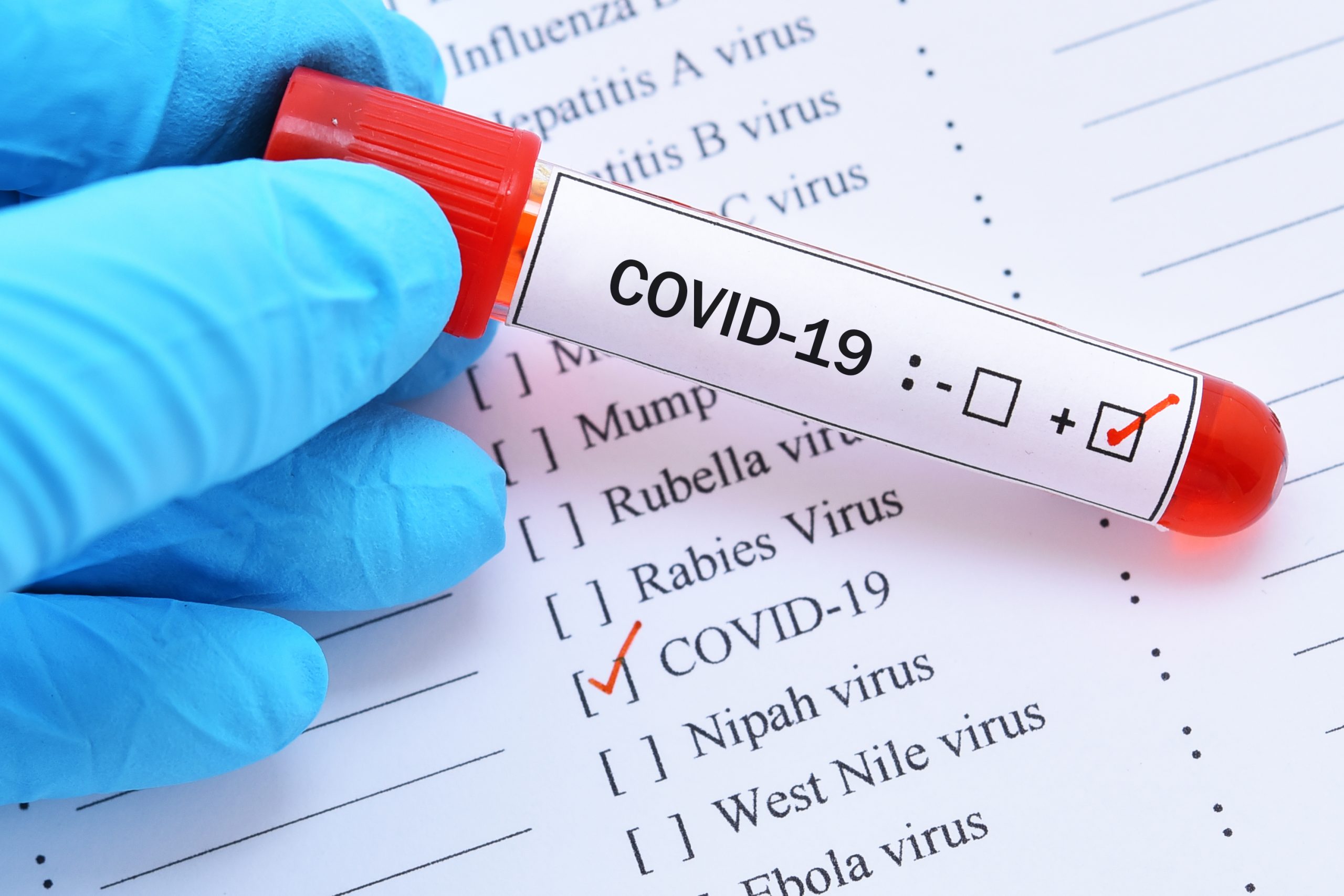
Reconstruction of Transmission Pairs for novel Coronavirus Disease 2019 (COVID-19) in mainland China : Estimation of Super-spreading Events, Serial Interval, and Hazard of Infection
21 September 2020
A Cross-cultural Examination of Masculinity and Health Behaviour in Hong Kong : the Mediating Role of Age and Social Support
21 September 2020The Macrosecuritization of Antimicrobial Resistance in China

Principal investigator: Dr Nicholas THOMAS (Department of Asian and International Studies)
The global spread of antimicrobial resistance (AMR) is an existential threat to humanity, one that has generated a macrosecuritizing response by states and international organizations. Since the turn of the century, China has been a source of numerous infectious disease outbreaks. It is also the origin of the MCR-1 gene, which confers resistance to colistin, a “last-line” antibiotic deployed against multidrug-resistant infections. With the largest population in the world, coupled with its status as a major supplier of agricultural produce, evaluating Chinese responses to AMR is critical to understanding the efficacy of the global response. Drawing on knowledge of both Chinese politics and health security, this article analyzes how Chinese actors have responded to the threat in the public and animal health sectors as well as the domestic and international implications of these responses. Based on interviews with key Chinese and international officials, scientists, and public health specialists, as well as farmers and consumers, we argue that the securitization of AMR in China is currently more concerned with domestic policy and resource competition than with addressing the existential health threat. Without a greater alignment of AMR strategies within China, macrosecuritizing efforts to address the threat globally cannot succeed.
Click here to read more.
